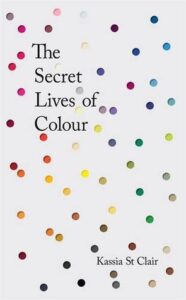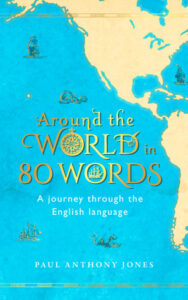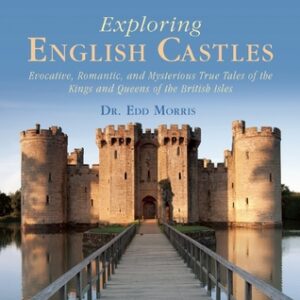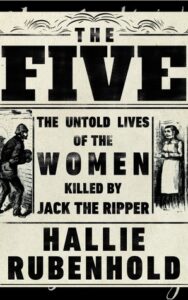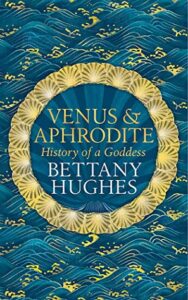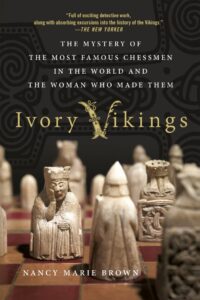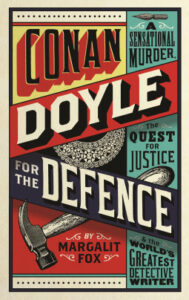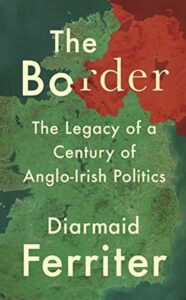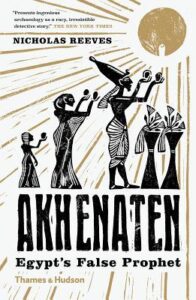 Akhenaten: Egypt’s False Prophet, Nicholas Reeves
Akhenaten: Egypt’s False Prophet, Nicholas Reeves
Although this book as billed as being a revolutionary interpretation of Akhenaten, I think that’s just hype. It’s certainly a thorough examination of the evidence we have, and of Akhenaten’s actions and methods, and it points out that there were sound political motives behind the move to Tel-el-Amarna to found Akhetaten… but most of this is stuff I’ve heard before. He talks about theories like the idea that the Amarna family had Marfan’s syndrome as if it was ignored and kind of niche… but even I (not an Egyptologist, not reading the scholarly material and not having any training whatsoever in that field — I have an interest, but not a particularly up to date knowledge) know about that. Perhaps this is due to him popularising it, but it seemed very odd.
There are other things that ring alarm bells, as well. He doesn’t utilise footnotes, so it’s hard to track down his assertions (there is a bibliography, but of course you don’t know what was the source for any particular idea). I did remember when I started reading this that the idea that Tutankhamun had been murdered had been recently pooh-poohed on the 2005 CT scan of the mummy, but I was prepared to hear some solid arguments based on some kind of evidence… and none were forthcoming. It’s clear that whole subject is muddied by post-mortem damage of the body, possibly in antiquity and definitely by Howard Carter, so I would’ve been sceptical of any offered theories, but Reeves avoided the subject as if it were not a serious stumbling block for any theory. His sole comment on the unreliability of the evidence is this (bolding mine):
If this interpretation is correct (and it has inevitably been challenged), the implication would be that Tutankhamun suffered a blow to the head and lingered, drifting in and out of consciousness, for some weeks. What is interesting is that the position of this supposed blow would indicate that the damage had been sustained intentionally rather than by accident — at a time when political manipulation of the god-king was the norm, and regicide a rather more common occurrence than the Egyptian state cared formally to acknowledge.
Whereupon he wanders off into speculation about Ay, Tutankhamun’s successor. But… the challenge really needed to be discussed here, because it’s a serious one: although this book was published almost at the same time as the better scan in 2005 and he can’t have known about the results in time to change the book before publication, Reeves’ whole line of argument is so weak that it falls apart from that point because the CT scan completely dismissed the murder theory, and he had no counterpoints ready. If he’d addressed the uncertainty better, it would seem rather less like he builds his arguments on houses of cards.
As a consequence, he has several interesting theories which I enjoyed reading about, but as a consequence of his light hand with substantiation, I cannot trust. For example, I’ve never heard of the letter to Suppiluliuma being thought to be sent by Nefertiti, instead of the common interpretation that it was sent by Ankhesenamun. It makes sense, on the evidence here, but what has Reeves omitted because it doesn’t suit his racy narrative? Same with his re-interpretation of the kingships just prior to the Amarna period: he lays it all at the feet of Hatshepsut and her “greed” to become the ruler. Quite apart from wondering a little about Reeves’ personal views on women (we don’t hear about the “greed” of Ay or Horemheb in taking power after Tutankhamun’s death), I haven’t heard this elsewhere… and I can’t trust Reeves.
As I said, granted I’m not exactly neck-deep in the latest research, but this book was originally published in 2005, and I haven’t heard most of these theories elsewhere since. At this point, I wouldn’t believe a thing he says without a pinch or two of natron and some supplementary sources.
I also think it’s irresponsible of the publishers to republish a book from 2005 without revision, while stating on the back that it is a “revolutionary” interpretation (which certainly assisted my previous impression that it was a new book). It’s over a decade old and parts of it have been proven to be castles in the sky, folks.
ETA: Slightly amended due to finding out the publication date listed on the source I checked was wrong, and this was originally published in the same year as the CT scan.
Rating: 2/5
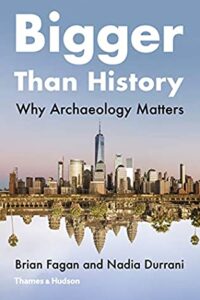 Bigger than History, Brian Fagan, Nadia Durrani
Bigger than History, Brian Fagan, Nadia Durrani
